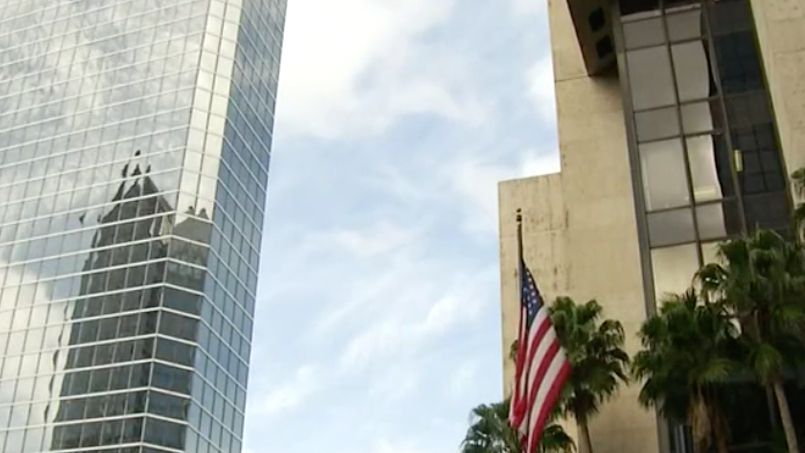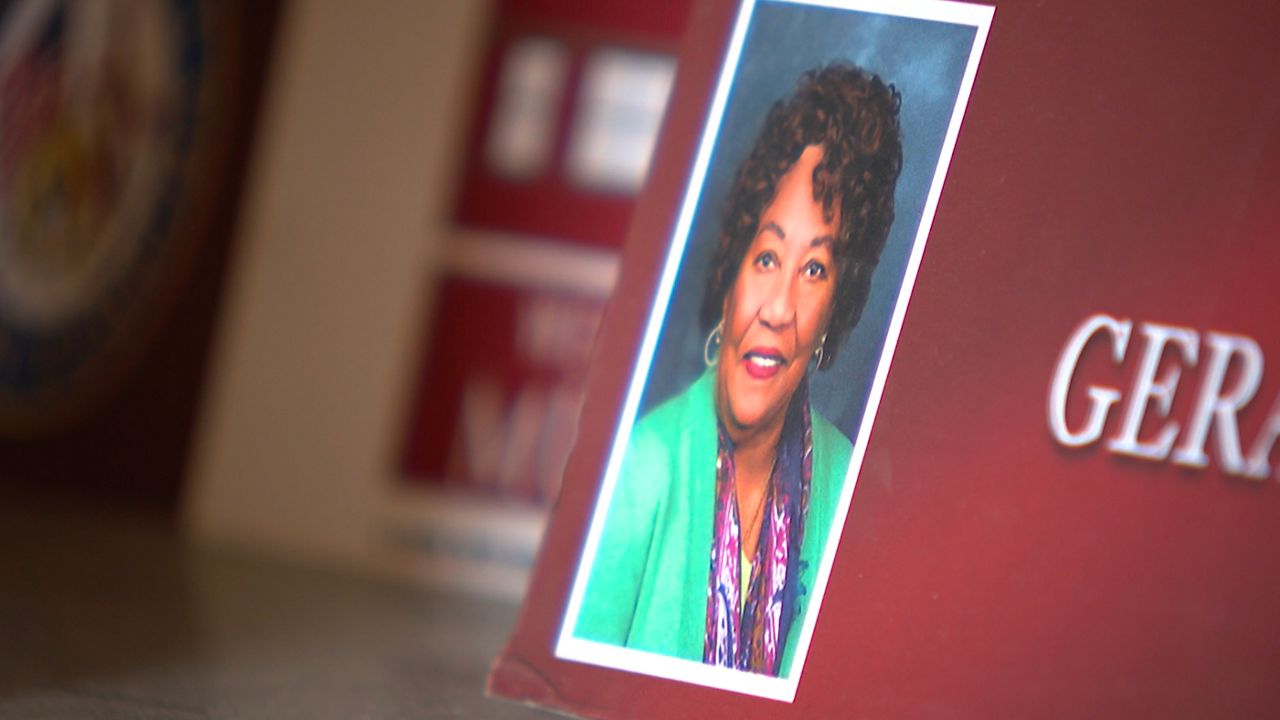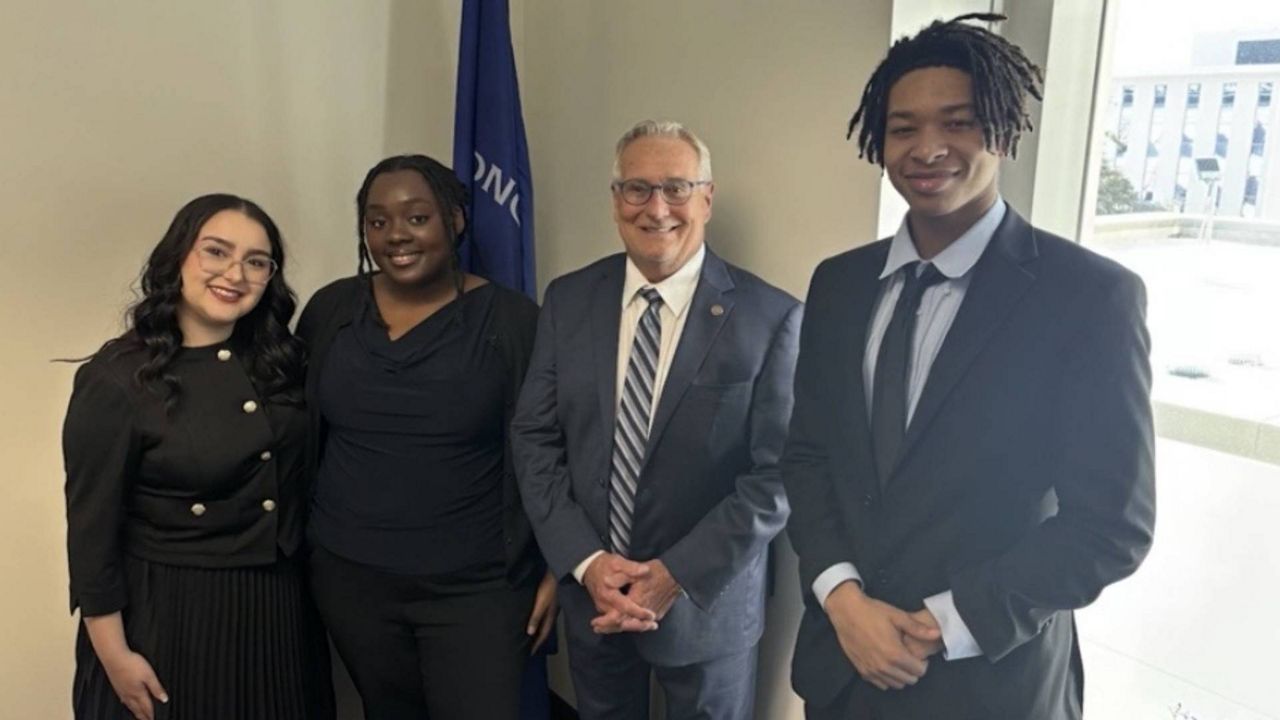Members of the Tampa Bay Climate Alliance say that they’re disappointed by Tampa City Councilman Joe Citro’s decision to withdraw his resolution to have the city of Tampa set a goal of transitioning to a 100-percent clean energy portfolio by 2030.
But they’re equally alarmed by a preemption bill recently filed in the state Legislature that could restrict every municipality in Florida from creating resolutions to set clean energy goals in the future.
What You Need To Know
- Tampa Council appeared poised in November to pass resolution about 100 percent clean energy
- Councilman Joe Citro withdrew his own proposal
- Disappointment, surprise among reactions with decision
- More Hillsborough County headlines
“When it comes to energy policies, I don’t think it’s a good idea for 400 ordinances that could be completely different in terms of what types of energy can be used, whether it’s natural gas, solar, wind, petroleum gas, you name it,” says Palm Coast Republican state Sen. Travis Hutson, who recently filed legislation (SB 856) that would limit the ability of local governments to regulate energy infrastructure.
Citro’s letter announcing that he was killing his own proposal came just days after Hutson filed his preemption bill last week.
The Tampa City Council appeared poised last November to pass the resolution committing to a 100 percent clean energy portfolio in less than a decade. That’s when Citro announced that he wanted to delay a vote for a few months in order to have all the key stakeholders (which in addition to the Tampa Bay Climate Alliance includes TECO, the Port of Tampa Bay, Tampa General Hospital and Tampa International Airport) could get on the same page so that the proposal could ultimately pass.
But that all changed last Friday, when Citro surprised environmentalists and members of the business community by announcing that he was withdrawing the non-binding resolution and instead would support Mayor Jane Castor’s plan to transition Tampa’s assets to 100 percent clean energy by 2045.
“I am a little disappointed with that memo,” said Russell Conn, the chair of the Hillsborough County Democratic Environmental Chair. “He did not reach out to us and give us any input before he came forward, so it felt kind of rushed.”
Nicholas Glover with the Tampa Bay Chamber of Commerce said that he was “a little surprised” when he saw Citro’s letter to withdraw his resolution.
“I don’t know what the outcome would have been, but it would have been interesting to see that process play out and to see how closely we would have come to an agreement on some terms,” Glover said.
Brooke Errett with Florida Food and Water Watch also expressed surprise, because the Tampa Bay Climate Alliance she felt had done everything they were told that they needed to do in reaching out to various groups in the community. But her anger was directed at the oil and gas industry, who she says are pushing bills like Hutson’s all across the country.
“What we’re looking at here is a coordinated effort by big oil and gas to spread misinformation campaigns and to use bullying tactics to push cities like Tampa away from their bold climate goals,” Errett said.
Phil Compton, the senior organizing representative with Sierra Club Florida, said that Hutson’s proposed bill would not only prevent Tampa from taking any action on the climate, but would also repeal the clean energy future resolutions passed in the 11 other cities in Florida (which include St. Petersburg, Largo, Dunedin and Safety Harbor).
Hutson said that he could not say for certain right now whether his proposed legislation would repeal previously enacted clean energy ordinances. “I’d probably have to look at them, to be honest with you,” he said.
Hutson rejected the idea that his proposed legislation was being pushed by the oil and gas industry.
“I think I’m looking at the consumer standpoint of things,” he said. “When you look at the resolution in front of Tampa - I believe that’s been pulled now - but that resolution said you couldn’t have any natural gas whatsoever in Tampa.”
Errett said that Hutson’s description was not accurate, adding that the Tampa Climate Alliance’s main goal is that the city should not be investing in any new pipelines and/or power plants.
“The big deal is that we are in a climate crisis, and we need to move as quickly as possible if we are going to be able to salvage what is left of our environment.”








